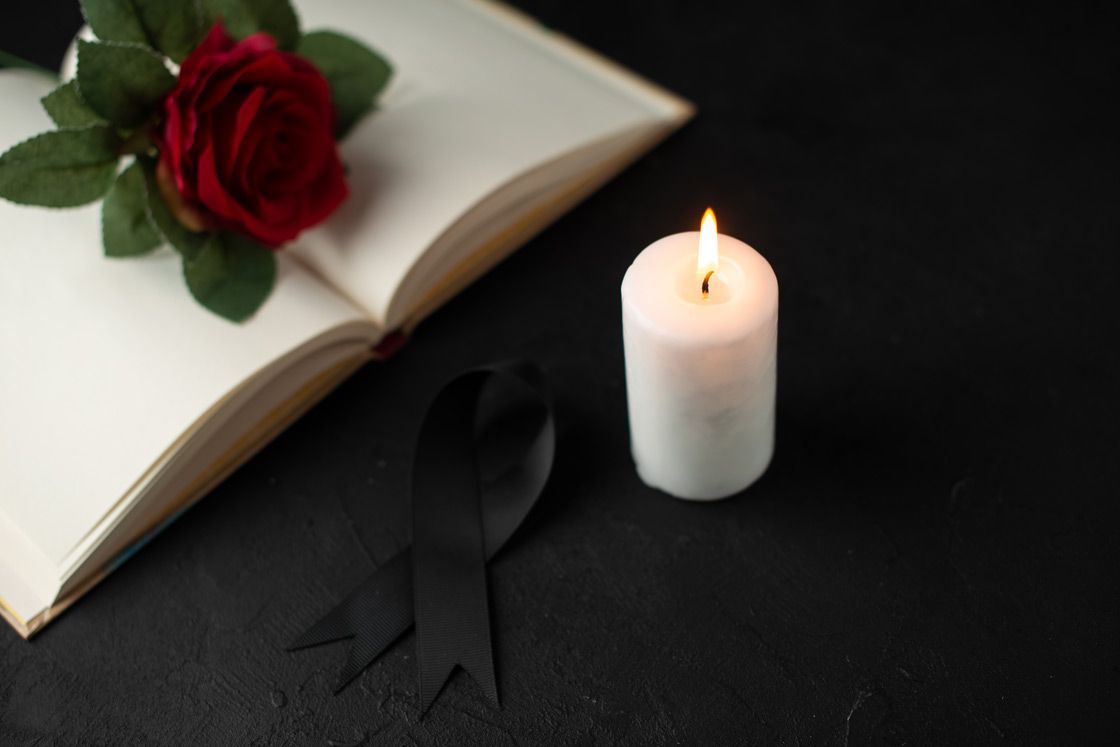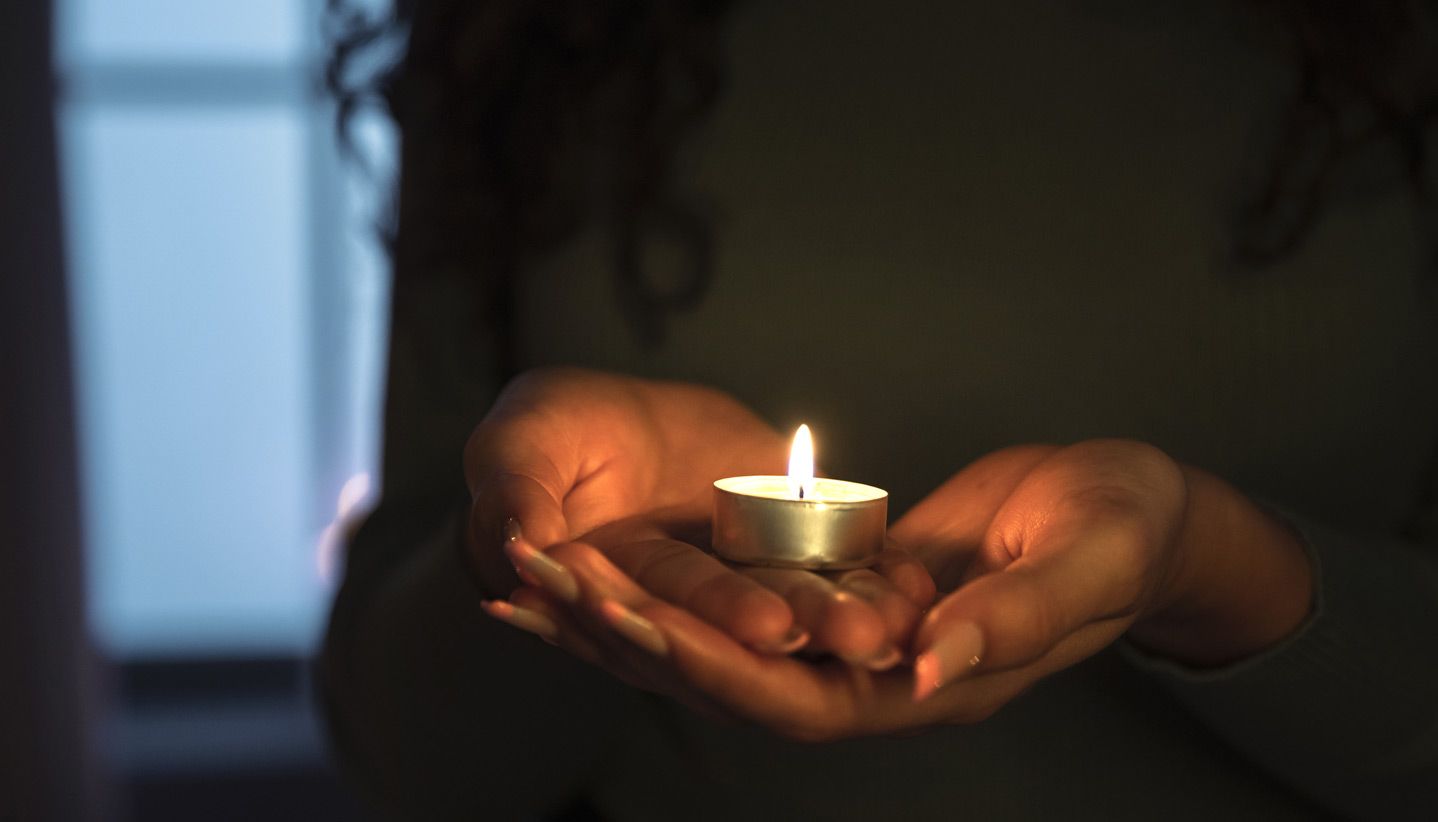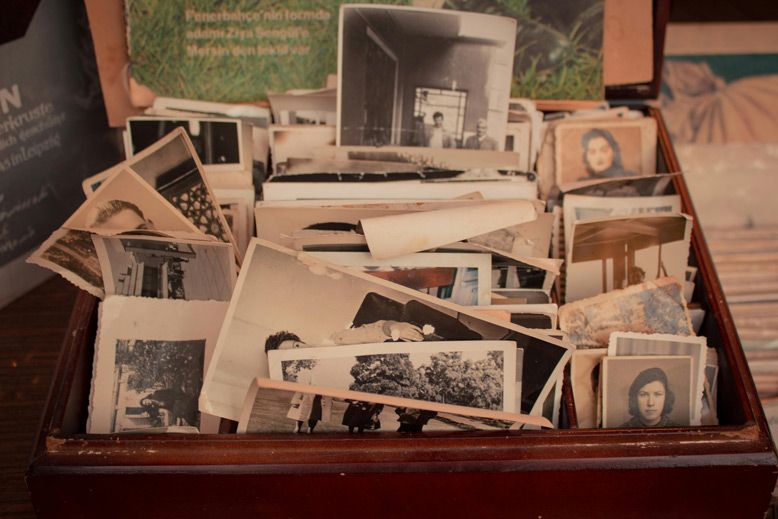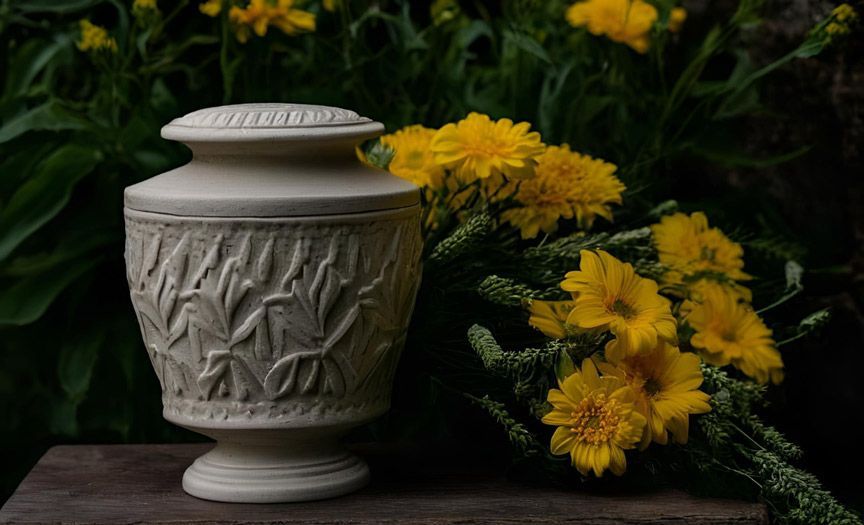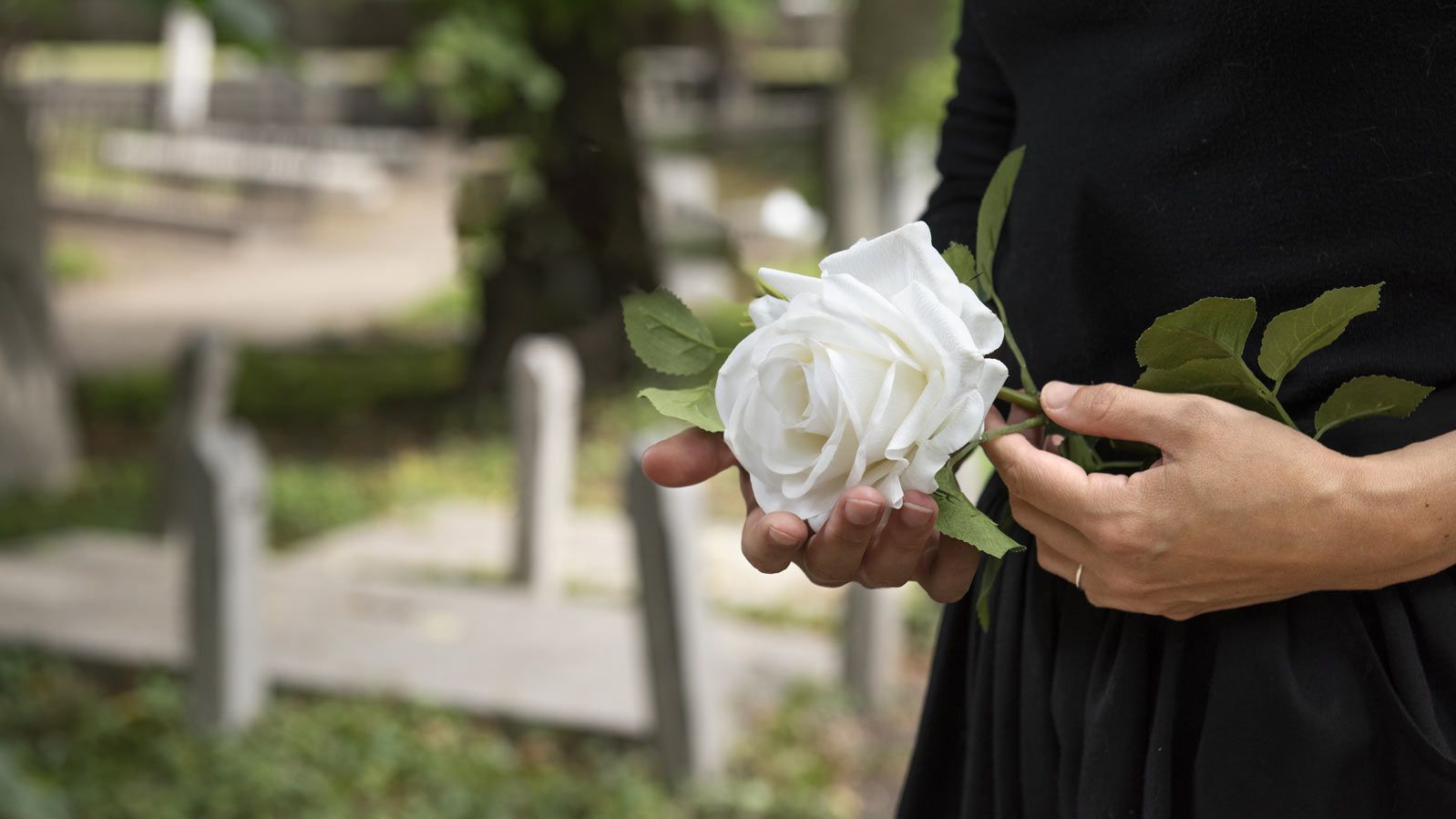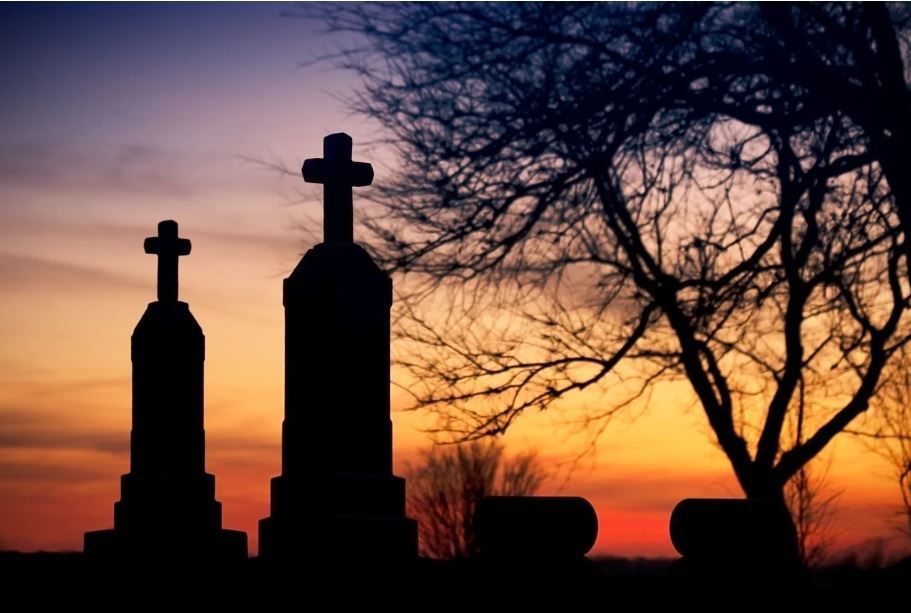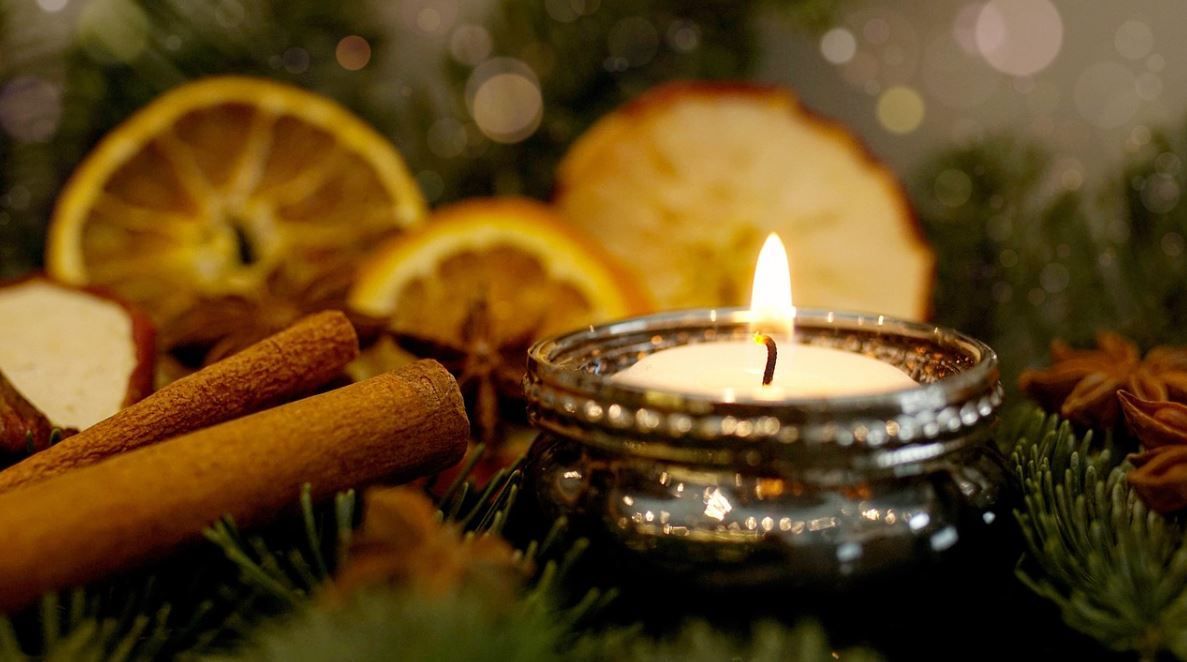A Thoughtful Guide to Funerals, Cremation, and Memorial Traditions
Explore a comprehensive guide to funerals, cremation, and memorial traditions. Learn about burial options, cremation services, and ways to honor loved ones.

Saying goodbye to a loved one is one of life's most challenging experiences. Funerals, cremations, and memorial traditions give families meaningful ways to honor, remember, and celebrate those who have passed. Whether planning a traditional funeral, considering cremation, or exploring unique memorialization options, understanding your choices can help create a tribute that aligns with personal beliefs, cultural traditions, and family preferences. This guide explores key aspects of funerals, cremation, and memorial practices to help families make informed decisions with clarity and confidence.
Funeral Planning and Services
Guidelines for Conducting a Funeral Service
Planning a meaningful funeral involves several key components:
- Choosing a ceremony type (religious, secular, or personalized service)
- Selecting an officiant
- Incorporating eulogies, music, and visual tributes
- Respecting cultural and religious traditions
- Offering a live stream option for those who cannot attend
Funeral professionals can provide compassionate support to ensure a service that honors and celebrates the deceased.
The Role of a Funeral Officiant
A funeral officiant, a celebrant, leads the funeral service and ensures it is conducted with dignity and respect. Their responsibilities include:
- Delivering the eulogy
- Leading prayers, readings, or rituals
- Coordinating the ceremony
- Providing emotional support to grieving families
Officiants may be religious leaders, professional celebrants, or family members who wish to pay tribute to the deceased.
Caskets, Coffins, and Burial Options
A Comparison Between Caskets and Coffins for a Funeral
Many people use the terms "casket" and "coffin" interchangeably, but they have distinct differences:
- Coffins:
- Narrower at the bottom and wider at the top
- Typically made of wood
- Often more affordable
- Caskets:
- Rectangular in shape
- Lined with fabric and often include additional features like handles or rails
- Generally more expensive
The choice between a casket or a coffin is a personal decision influenced by tradition, aesthetics, and budget. Funeral homes can help families select the right option that meets their needs.
Open Casket vs. Closed Casket Funerals
When planning a funeral, families must decide whether to have an open or closed casket. Each option has its benefits:
- Open Casket:
- Allows loved ones to say a final goodbye
- It provides a sense of closure by seeing the deceased at peace
- Offers extra time for arrangements
- Closed Casket:
- Ensures privacy
- Protects the body's condition
- Aligns with religious and cultural practices that prefer immediate burial
Ultimately, the choice depends on personal beliefs, traditions, and what best honors the loved one's memory.
Considering Immediate Burials vs. Traditional Burials
Families must also consider the timing and structure of a burial:
- Immediate Burial:
- It takes place shortly after death with no formal ceremony
- Eliminates embalming and extensive preparations
- Often preferred for environmental reasons
- Traditional Burial:
- Includes a funeral service, wake, and viewing
- Allows time for family members to gather and grieve collectively
Each option provides a dignified way to lay a loved one to rest, and funeral homes can help families make the best choice.
Cremation and Memorialization
What Remains of the Body After a Cremation?
Cremation is an increasingly popular alternative to traditional burial. There are three main types:
- Traditional Cremation: Includes embalming and a funeral service before cremation.
- Memorial Cremation: The body is cremated beforehand, with a memorial service held later.
- Direct Cremation: The simplest and most cost-effective option, where the body is cremated without a prior service.
During cremation, most of the body is reduced to gas, while the denser parts, like bones, remain and are processed into fine ashes.
Religious Perspectives on Cremation
Different faiths have varying views on cremation:
- Christianity: Generally accepts cremation, though some conservative groups discourage it.
- Catholicism: Allows cremation but prefers cremains to be kept in a sacred place rather than scattered.
- Islam: Strictly forbids cremation, considering it dishonorable.
- Buddhism: Fully embraces cremation as part of reincarnation beliefs.
Understanding religious guidelines can help families make informed decisions about cremation and memorial services.
Creative Ways to Honor Cremated Remains
Families can memorialize their loved ones through unique and meaningful options:
- Creating custom jewelry or artwork incorporating cremated remains
- Planting a memorial tree or garden
- Scattering ashes in a meaningful location
- Using ashes in fireworks or launching them into space
- Contributing remains to an ocean reef
These alternatives provide deeply personal ways to keep a loved one's memory alive.
Memorialization and Remembrance
What Is a Memorial Garden?
A memorial garden serves as a peaceful and beautiful final resting place. Features often include:
- Lush landscapes and walking paths
- Tranquil seating areas
- Personalized plaques or memorial stones
These serene environments offer a comforting space for family visits and reflection.
Keeping a Loved One's Memory Alive Through The Art of Storytelling
Preserving a loved one's memory through storytelling is a meaningful way to honor them:
- Creating memory collages or tribute books
- Revisiting their favorite books or music
- Cooking cherished recipes
- Journaling personal reflections and memories
- Producing legacy films or digital memorials
- Taking up a loved one's favorite hobby
Through these acts of remembrance, families can celebrate their loved one's life and ensure their legacy continues.
Final Thoughts
Honoring a loved one through a funeral, cremation, or memorial service is a deeply personal decision. Understanding the available options can help families create a tribute that aligns with their values, traditions, and preferences. Whether choosing burial or cremation, selecting a meaningful final resting place, or preserving a loved one's memory through storytelling, each choice plays a role in celebrating their life. Funeral and cremation service providers can offer guidance and support to ensure a thoughtful, dignified farewell that comforts grieving families.


